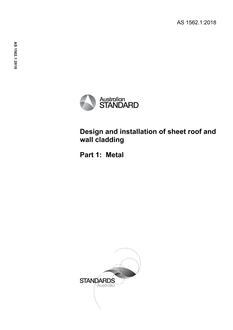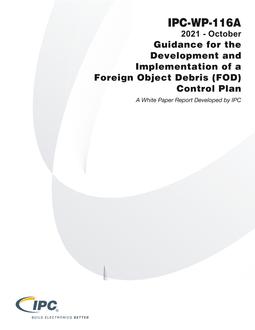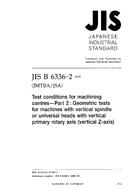
ACI 214.4 – ACI PRC-214.4-21: Obtaining Cores and Interpreting Core Compressive Strength Results – Guide
Core testing is the most direct method to determine the compressive strength of concrete in a structure. Generally, cores may be obtained to assess whether concrete in a new structure complies with strength-based acceptance criteria or to evaluate structural capacity of an existing structure based on in-place concrete strength. In either case, the process of obtaining core specimens and interpreting strength test results is often confounded by various factors affecting in-place concrete strength or the measured strength of a test specimen. The scatter in strength test data, which is unavoidable given the inherent randomness of in-place concrete strengths and the uncertainty attributable to preparation and testing of the specimen, may further complicate compliance and evaluation decisions.
This guide summarizes practices for obtaining cores and interpreting core compressive strength test results. Factors that affect in-place concrete strength are reviewed so sampling locations that are consistent with objectives of the investigation can be selected. Strength correction factors are presented for converting measured strength of nonstandard core-test specimens to strength of equivalent specimens with standard diameters, length-to-diameter ratios, and moisture conditioning that have been derived using data for normal weight concrete with strengths between 2000 and 13,400 psi (14 and 92 MPa). This guide also provides direction for checking strength compliance of concrete in a structure under construction and methods for determining equivalent specified strength to assess existing structure capacity.
Keywords: compressive strength; core; hardened concrete; sampling; test
Product Details
- Published:
- 05/01/2021
- ISBN(s):
- 9781641951432
- Number of Pages:
- 24
- File Size:
- 1 file , 1000 KB
- Note:
- This product is unavailable in Russia, Ukraine, Belarus




